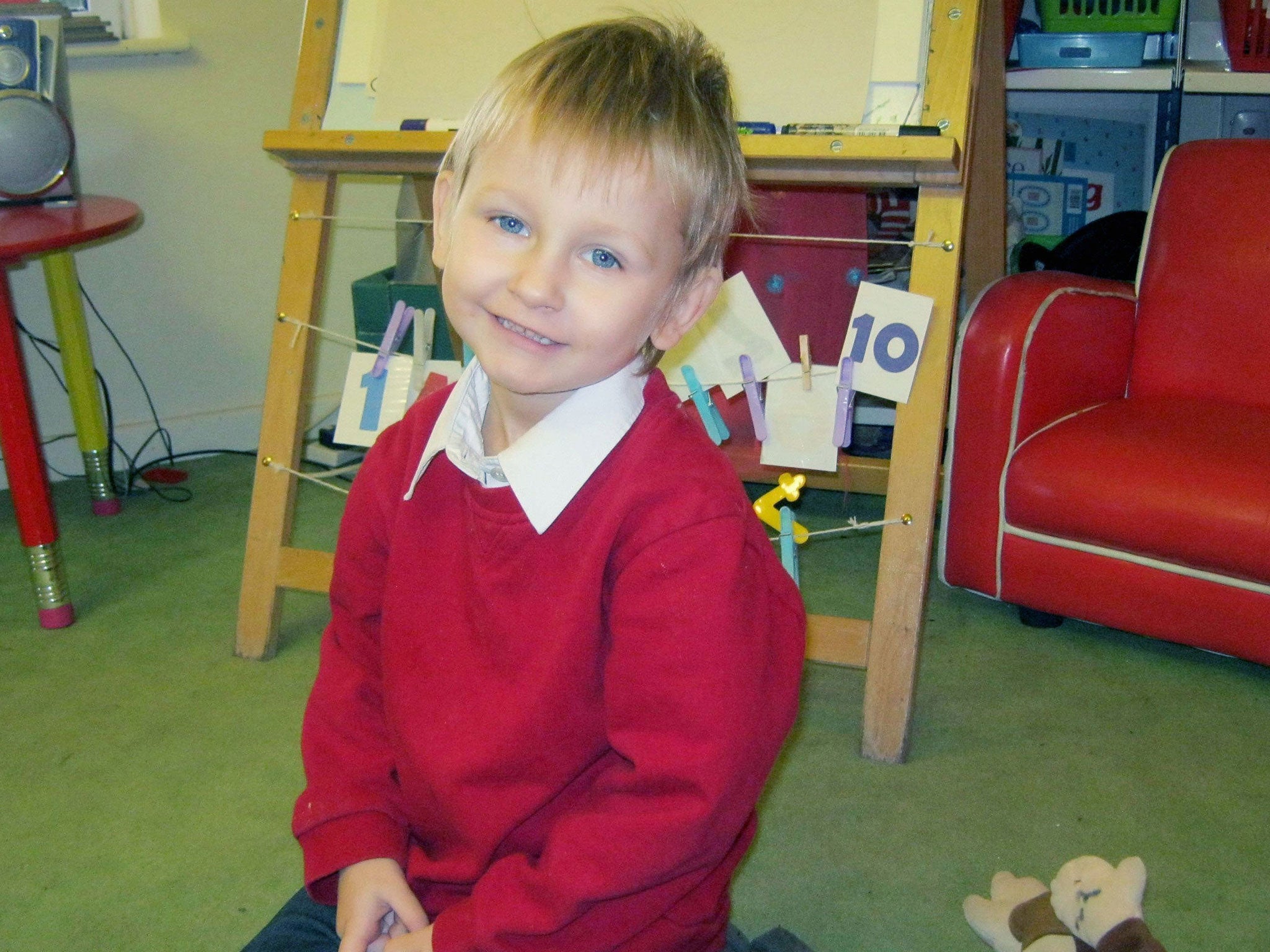Social work budget cuts are putting children at risk, says NSPCC
Stretched finances are leaving large numbers with no statutory support

Social workers assigned to protect children are so overburdened that they are struggling to act as little more than an emergency service, the National Society for the Prevention of Cruelty to Children (NSPCC) has warned.
The combination of budget cuts and record numbers of children requiring attention is leaving social services able to focus only on the very worst cases, the charity said in its annual report.
Just one in nine children who are at risk are receiving adequate support, it said.
Peter Wanless, of the NSPCC, said: “With record reporting of child abuse, hard-pressed children’s social service departments have little choice but to raise the threshold of where they act.
“This is leaving large numbers of children with no statutory support. Acting alone, children’s social services struggle to be more than an emergency service, getting involved when pain and suffering for children is already entrenched or risk is very high.”
The NSPCC said that the death of four-year-old Daniel Pelka, murdered in Coventry by his mother and her partner in 2012, had exposed the lack of a joined-up approach to child protection.
Daniel’s killers were known to police and other services who had been involved with the family on at least 27 occasions over their domestic violence and alcohol issues.
The charity said that, although those interventions were intended for adults, recognising that there were vulnerable children in the household could have helped keep Daniel safe.
And in calls that are likely to reignite the debate over mandatory reporting which would compel all professionals to report suspicions of child abuse or face legal consequences, Mr Wanless added: “It’s teachers, nursery workers, police officers, doctors, nurses and all professionals who come into contact with children. And we all have responsibility to play our part as family members, neighbours and friends.
“We know that small and simple interventions early on can, and do, stop abuse and neglect for a fraction of the cost of trying to tackle it later down the line.
“Successive governments have talked the talk on ‘early intervention’ and joined-up services but have failed to deliver lasting change.”
But Alan Wood, of the Association of Directors of Children’s Services, disputed the claim that children’s social care is now effectively an emergency service.
He added: “Local authorities are working hard to ensure that the needs of their children and families are met, but it is true that services do not look the same as they did in the days of plenty.
“What we need is a realistic national debate about how services will cope with the increased level of need we are seeing.”
A Department for Education spokesman said: “The vast majority of councils have protected frontline children social care budgets. As this report shows, they are taking action to protect more children, and Ofsted inspections are checking that children are getting the right help at the right time.
“However, it is still up to councils to ensure that staffing and caseloads are at appropriate levels to manage risk to local children.”
Subscribe to Independent Premium to bookmark this article
Want to bookmark your favourite articles and stories to read or reference later? Start your Independent Premium subscription today.

Join our commenting forum
Join thought-provoking conversations, follow other Independent readers and see their replies